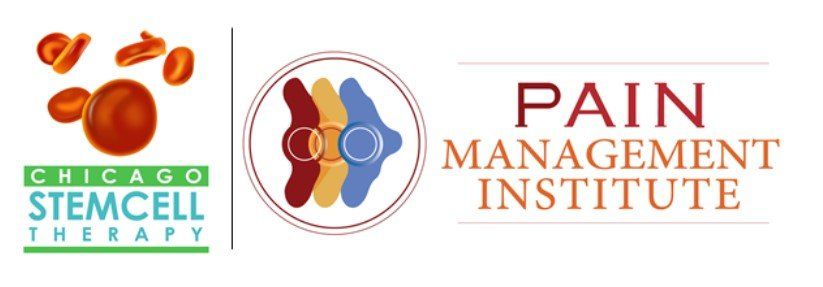Accepting New Patients
Serving the Chicagoland Area

Failed Back Surgery
Approximately 10-40% of back surgeries are considered unsuccessful. Even given the best surgeon and conditions, there is a 5% chance that the spine surgery might not produce desired results. When a patient encounters persistent pain even after a spinal surgery, we refer this condition as failed back surgery syndrome.
Spine surgery only changes the anatomy of the vertebrae, aiming to remove the most likely cause of back pain but may not directly treat the cause of pain.
Regenerative injections have shown to be a very successful option for those suffering from this type of condition. Dr. Zaki Anwar, Interventional Pain Management Specialist, has decades of experience with spinal procedures. Utilizing regenerative options may give you the best result possible, and that could include PRP (Platelet Rich Plasma), amniotic fluid, or mesenchymal stem cell derived vesicles.
All neck, back, or spine procedures are performed in our Joint Commission Accredited surgical suite as an outpatient procedure. These procedures are typically performed under twilight anesthesia and require no recovery or rehabilitation.
Main Causes Of Failed Back Surgery Syndrome
- Failed fusion of the spine
- Failed spinal implant
- Recurrent disc herniation
- Sustained nerve compression
- Unresolved nerve damage despite the surgery
- Pain in another spinal region
- A pain causing lesion missed from being operated
Before deeming the back surgery as “failed,” doctors willconduct certain tests to ensure the problem cannot be corrected any more with further back surgery. Tests can include MRI, CT scans, X-rays, EMG (electromyography) and nuclear medicine bone scans.
CONTACT INFORMATION
ADDRESS: 10181 W Lincoln Hwy
Frankfort, IL 60423
Se habla español


BUSINESS HOURS
- Mon - Thu
- -
- Friday
- -
- Sat - Sun
- Closed
Private pay and Financing available,
Advance Care Card accepted
Follow or Like us on:
OUR LOCATION